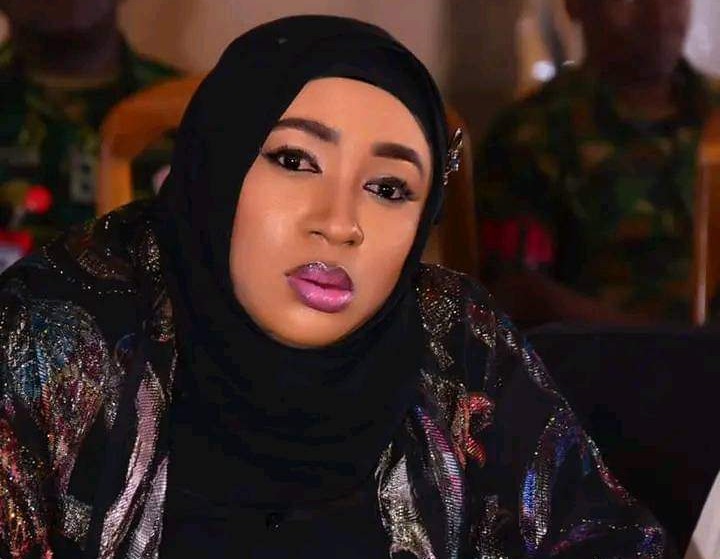The Presidency has initiated an investigation into the transfer of a N585.189 million grant intended for vulnerable groups in Akwa Ibom, Cross River, Ogun, and Lagos states, which was reportedly redirected into a private account. This development has prompted calls from various civil society organizations for the removal of Dr. Betta Edu, the Minister of Humanitarian Affairs and Poverty Alleviation, who allegedly directed the payment.
These organizations are urging the President not to tolerate impunity and are demanding Edu’s dismissal from the ministerial position, insisting that she face interrogation by anti-corruption agencies.
“The matter is under investigation,” stated Bayo Onanuga, the Special Adviser to the President on Information and Strategy. “Appropriate action will be taken thereafter,” he added.
In a leaked document circulating online, Edu is purported to have directed the disbursement of the funds into a private account belonging to Bridget Mojisola Oniyelu, according to the Office of the Accountant-General of the Federation.
In response to the allegations, Edu’s Special Assistant on Media and Publicity, Rasheed Zubair, clarified on Friday that the payment followed due process. Zubair explained that the funds were deposited into Oniyelu’s account because she serves as the project accountant for Grants for Vulnerable Groups. He argued that it is within the legal framework for a staff member to be compensated using designated funds and retire the same with all necessary documentation after project completion.
Despite Edu’s defense, calls for further investigation and accountability persist. Buna Olaitan Isiak, the Executive Director of Human Rights Monitoring Agenda (HURMA) Global Resource Initiative, urged for a panel to be set up by President Tinubu to probe the matter and establish a precedent for addressing such issues in the future.
The national chairman of Activists for Good Governance, Declan Ihekaire, emphasized the need for strict adherence to the law, suggesting that Edu should face consequences if found in violation.
Executive Director of Investigation, Network Against Corruption and Trafficking (NACAT), Tega Oghenedoro, characterized Edu’s actions as representative of “youthful mis-governance” and called for her removal and investigation by anti-graft agencies.
The sentiment was echoed by Tunde Salman, the National Coordinator of Good Governance Team, who emphasized that anti-corruption agencies should take necessary action without waiting for presidential directives, given that Edu does not possess ministerial immunity.
A Nigerian professor based in the United States, Farooq Kperogi, criticized President Tinubu for potentially losing the moral high ground in the fight against corruption if he fails to dismiss Edu and subject her to legal proceedings. Kperogi referred to Section 713 of Nigeria’s Public Sector Financial Regulation Act, which prohibits the payment of public money into private bank accounts, suggesting fraudulent intent for any officer involved in such transactions.
Kperogi drew parallels with past transgressions during Muhammadu Buhari’s presidency, expressing concern that Edu might be following the footsteps of her predecessor, Sadiya Umar Farouq. He concluded that this presents a critical moment for Tinubu, emphasizing the potential erosion of moral authority should decisive action not be taken against Edu.
